An experiment manipulated larvae to start eating each other instead of tomato leaves.
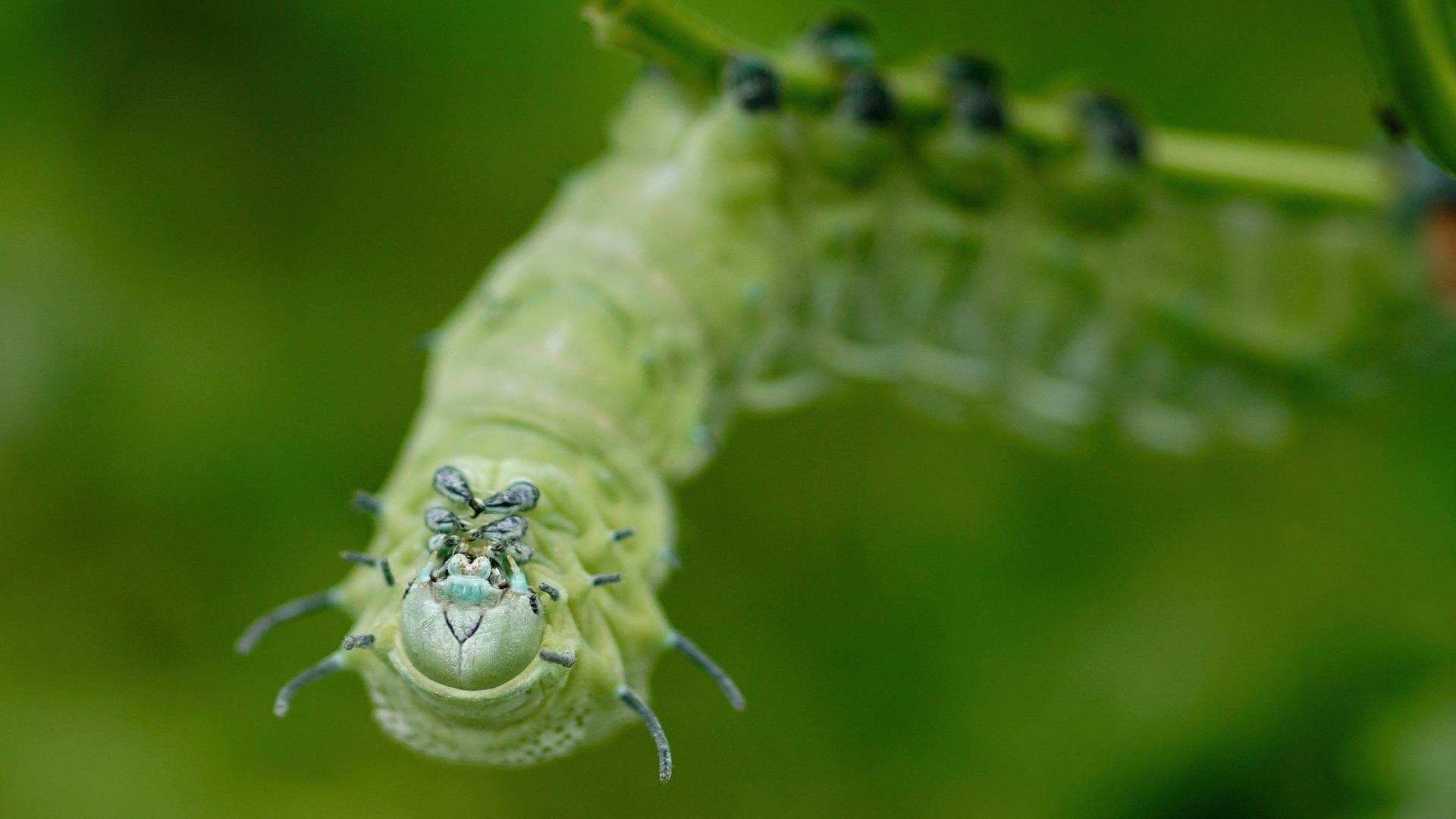
Manipulation can be a way for plants to defend themselves against pests, according to a research team in the United States. The experimented was carried out in tomato plants (Solanum lyxopersicum) with a chemical substance called ‘methyl jasmonate’ that plants naturally produce when they are attacked.
Small mottled willow moth (Spodoptera exigua) were then allowed attack the crop. Then, eight days later, the researchers noticed that this substance made larvae to – not only eat less tomato plant – but began to eat each other.
We found that defenses that promote cannibalism benefit tomatoes in two ways: cannibalism directly reduces herbivore abundance, and cannibals eat significantly less plant material.
The observed effect was induced by the researchers in a laboratory environment and next step would be to find out if the same can be seen in nature. The findings may enable future environmentally friendly bioinsecticides to protect crops.
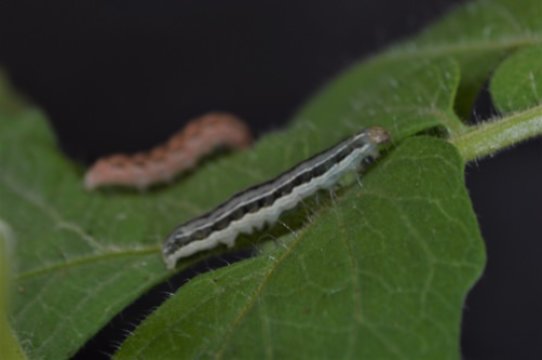
The research study has been published in Nature Ecology and Evolution.
Reference:
John Orrock et al. Induced defences in plants reduce herbivory by increasing cannibalism. Nature Ecology & Evolution 10 juli 2017. DOI: 10.1038/s41559-017-0231-6


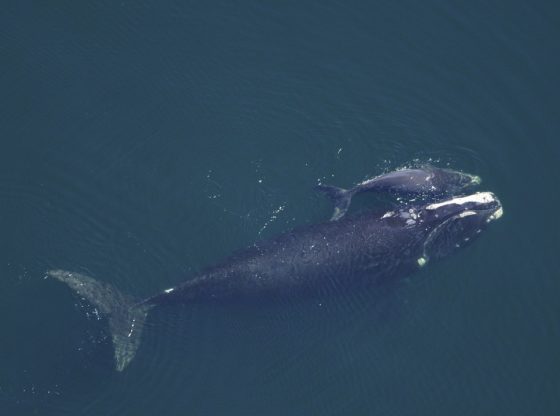
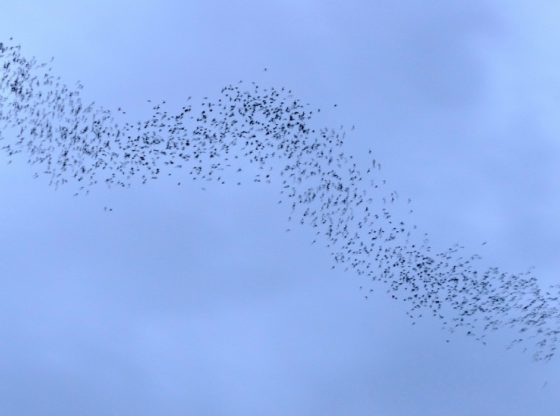


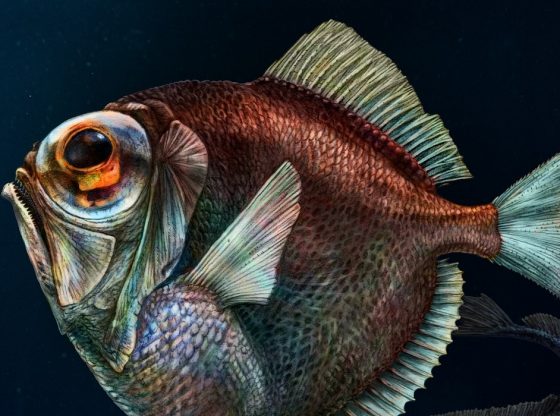
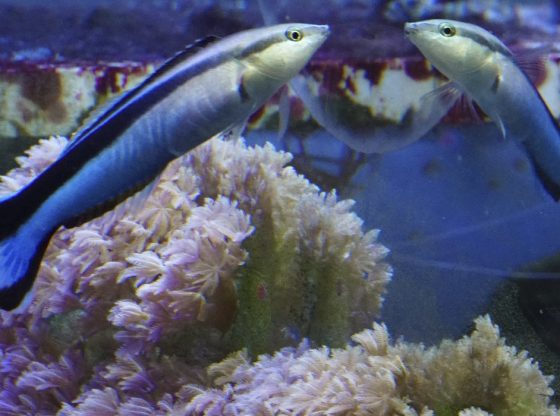



![OpenAI. (2025). ChatGPT [Large language model]. https://chatgpt.com](https://www.illustratedcuriosity.com/files/media/55136/b1b0b614-5b72-486c-901d-ff244549d67a-350x260.webp)
![OpenAI. (2025). ChatGPT [Large language model]. https://chatgpt.com](https://www.illustratedcuriosity.com/files/media/55124/79bc18fa-f616-4951-856f-cc724ad5d497-350x260.webp)
![OpenAI. (2025). ChatGPT [Large language model]. https://chatgpt.com](https://www.illustratedcuriosity.com/files/media/55099/2638a982-b4de-4913-8a1c-1479df352bf3-350x260.webp)








